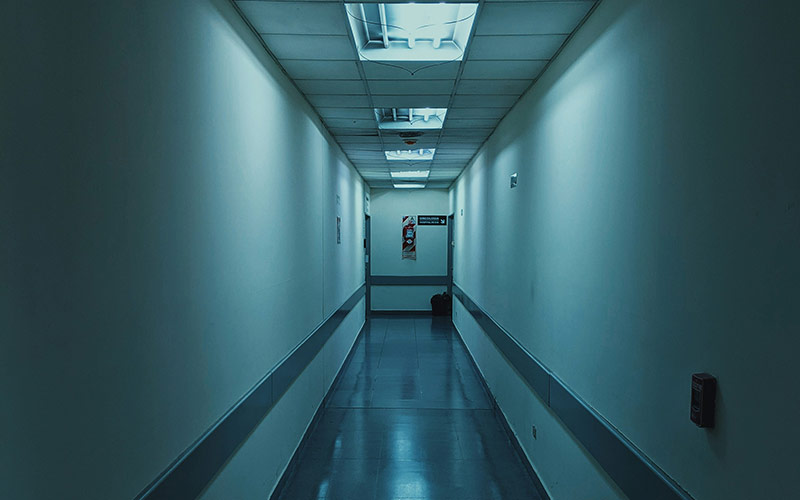In light of recent legislative changes at the latter part of 2023, we want to ensure that property owners and managers in New York City are informed about the updated lead compliance requirements.
The implementation of Local Laws 111, 122, and 123 of 2023 has brought significant changes to lead compliance standards, impacting everything from testing requirements to remediation deadlines. In this article, we’ll delve into the key aspects of these laws and provide property owners with essential insights and guidance on navigating the new regulatory landscape.
The following summarizes the key aspects of Local Laws 111, 122, and 123 of 2023
Local Law 111 of 2023 – Common Areas XRF Testing
- XRF Testing Requirement: Common areas within multiple dwellings in NYC must
undergo XRF inspection by August 2025, conducted by EPA certified inspectors.
- Submission to HPD: Records must be retained and submitted to the NYC Department of Housing Preservation and Development (HPD) August 2025.
- Violations: Identification of lead-based paint in common areas constitutes a class C immediately hazardous violation.
Local Law 122 of 2023 – Record Submission
Requirements:
- Starting in August 2025, owners are mandated to submit records of XRF testing completed before 2025, as required by Local Law 31 (residential rental units) and Local Law 111 (common areas).
- Owners must furnish annual notice and investigation records whenever HPD issues lead-based paint hazard or turnover violations.
Local Law 123 of 2023 – New Lead Remediation
Requirements:
- Remediation Requirements: Property owners must address all lead-based paint hazards, ensure floors and windows are smooth and cleanable, and remove or abate lead-based paint on friction surfaces of doors and windows.
- Deadlines: Remediation work must be executed upon turnover or if a child under 6 resides in a dwelling unit as of Jan 1 2025 the work must be completed by July If a child under the age of 6 resides in that unit following Jan 1 2025, the work must be performed within 3 years.
- Violations: Failure to comply may result in a class C immediately hazardous violation. Presumed failure to comply, based on an audit or record submission request from HPD, constitutes a class B violation with a penalty of up to $1500.
Conclusion
By understanding these changes and taking proactive steps to comply with the updated regulations, property owners can protect their investments, safeguard their tenants’ health, and ensure compliance with the law. Let’s dive in and explore what these legislative updates mean for property owners in New York City.
